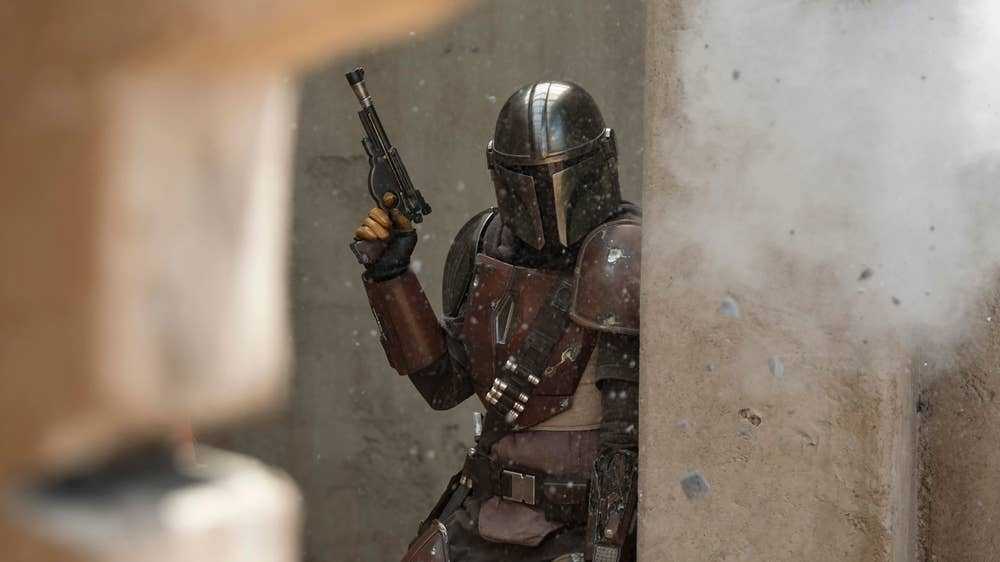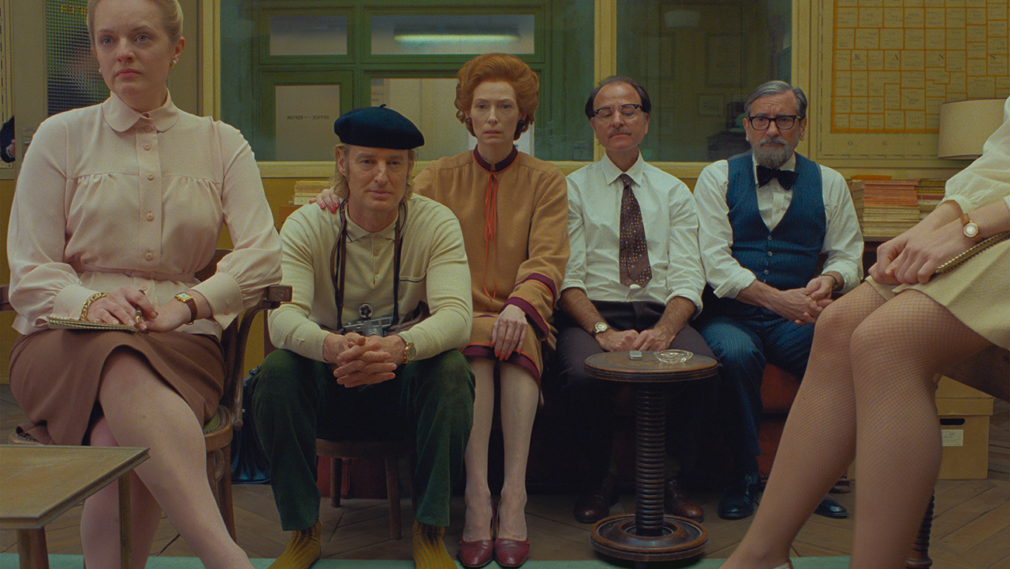2008’s In Bruges – which saw Colin Farrell and Brendan Gleeson’s hit men laying low in the Belgian city – has become something of a cult classic, following critical acclaim and an adoring fanbase. So it should come as no surprise then that the re-teaming of trio Farrell, Gleeson and Director Martin Mcdonagh in black comedy The Banshees of Inisherin has audiences clambering to see if they can recapture the success of In Bruges, or even eclipse it.
Set in 1923, amidst the backdrop of the Irish Civil War, the film centres on a small rural community and friendship between Farrell’s Pádraic and Gleeson’s Colm Doherty. Colm suddenly decides he no longer wants Pádraic in his life, causing no shortage of concern for his friend and escalating conflict between the pair. Pádraic is somewhat of a bore, content to talk about the more mundane details of his day to day existence, like what he found while tending to his animals, while Colm longs to get something out of what’s left of his life, he plays the fiddle beautifully and has a real appreciation for music.

This marks the return to the tone of Mcdonagh’s earlier works In Bruges and Seven Pyscopaths, rather than say Three Billboards Outside Ebbing Missouri. It’s immediately clear that he is back in his comfort zone delivering a searingly funny but also ruthlessly shocking film that makes the most of the qualities of both its leading men, with Colm at one point threatening to cut off a finger for each time Pádraic bothers him. There are genuine laughs to be had here, maximising the clear chemistry and friendship between the leads, whilst showcasing McDonagh’s dry humour and wit.
Barry Keoghan’s Dominic is a constant hoot, as the local idiot who is constantly getting himself caught in one scrape or another, while Kerry Condon is a marvel, lighting up the screen as Pádraic’s sister Siobhán, far smarter than him and frustrated by the lack of opportunity presented to her on Inisherin, dreaming of a life on the mainland. While talk has been buzzing around Farrell’s awards prospects, it would be unfair to write her out with a layered performance that wonderfully offsets the feuding of the two leads.
The film wonderfully balances moments of darkness with out-and-out laughter, showcasing the cast’s ability to shift between comedy and drama. The absurdist imagery and tone result in an unconventional film, making its shifts and surprises all the more impactful. For all its laughs and hilarity, this is a film with a melancholic, softer side that comes into play more in its second half, showing a subtlety that Mcdonagh’s other films sometimes lack.
This is a stunning film fully benefiting from the rugged Irish landscapes and rural setting to its advantage thanks to the talents of Ben Davis, a regular Mcdonagh collaborator, who captures both its beauty but also a certain sense of sadness and isolation which accompanies it. Setting it against the backdrop of the Civil War is a clever analogy to the pair’s broken down friendship as we hear frequent gunshots and a sense of dread.
Verdict
The Banshees of Inisherin is an immaculately crafted film which further spotlights Colin Farrell’s dexterity following the critically acclaimed After Yang and The Batman – thus furthering his fine year. Brendan Gleeson’s moody Colm is a fine counterpart while the tonal juxtaposition for the most part is delicately handled, helping make the film all the more unpredictable and enjoyable. This is certainly one to seek out on release and has rightly earned high levels of acclaim on the festival circuit, making an early push as an awards contender across the board.



